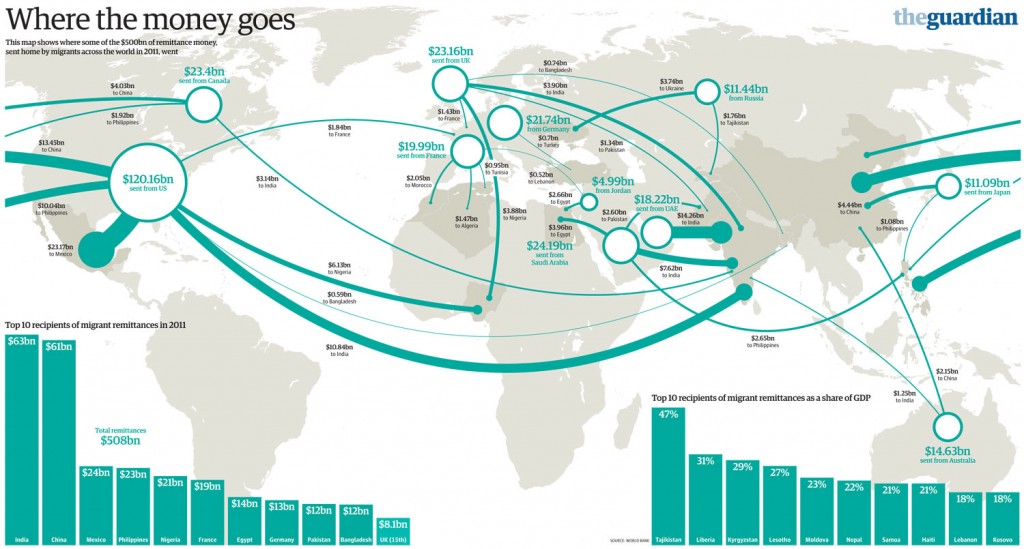I have to admit, the title is stated somewhat boldly, does not sound flattering, and is rather socially deterministic, but this post is all driven by a genuine belief that cities thrive when migrants make their entrance. Five reasons why migrants are beneficial to cities.
#1: Agents of Diversity
Migrants bring diversity. In other words, different cultures come together and interaction occurs. Research shows that diversity is what people appreciate the most in cities. On the one hand it makes citizens aware that they are part of something bigger, a world behind the city borders. On the other hand, diversity brings the world a bit closer, due to new cultural experiences in terms of food, language and symbols. Next to the fact that it might be socially appreciated, there is evidence that, economically speaking, cultural diversity is beneficial. Research shows that locals who live in American cities that score higher on cultural diversity earn a higher wage and are financially better-off than locals who don’t live in such cities.
#2: Agents of Business
Migrants bring business. For centuries, they have shown to be highly resourceful in terms of their settlement and survival in their new environments. With almost no financial or social capital, they are able to use their human capital to set up businesses. They provide cities with useful night-shops, which include food for after a night out, but also independent boutiques encompassing fashion or other vintage stuff. This brings vibrancy to the city connected to a strong economic component of business.
#3: Agents of Transnational Connections
Migrants maintain transnational connections. In a world that is getting more competitive, cities benefit when its resources come from all over the world. Migrants connect the globe and use their transnational social network to strengthen their local socioeconomic activities. One can imagine, if a city caters these transnational connections and eventually becomes a hub in the transnational migrants’ social web, then it will certainly take a lead on the transnational ladder of competitiveness.
#4: Agents of Knowledge
Migrants bring knowledge. They fill the workforce gap wherever there are not enough skilled people. Especially during the current economic downturn this is apparent. Developed countries start to recognise this commodity and are actively recruiting migrants to work in specific fields by liberalising immigration policies for migrants with knowledge. Prime example of this trend is Germany, which loosened up migration policies so to be able to recruite the highly-skilled even better.
#5: Agents of Investment
Migrants make investments. By far, they are exceeding countries when it comes to investing in developing countries. They send tremendous amounts of capital back to countries of origin. It has been estimated that in 2013 alone these remittances summed up to a ginormous amount of 440 billion dollars, of which two third is invested directly in third-world countries. According to the World Bank, this number will grow towards 515 billion dollars in 2015. Their commitment, connected to their transnational ties translates itself into a significant investment in developing countries and eventually may alter the socioeconomic structure which benefits almost everyone.
Without a doubt, migrants are beneficial to cities, not only for urban areas which receive migrants, but just as much the cities which are located in sending societies. I just named five reasons, but I am sure you will come up with even so more. All of this clarifies one significant point. Cities thrive when migrants make their entrance.









